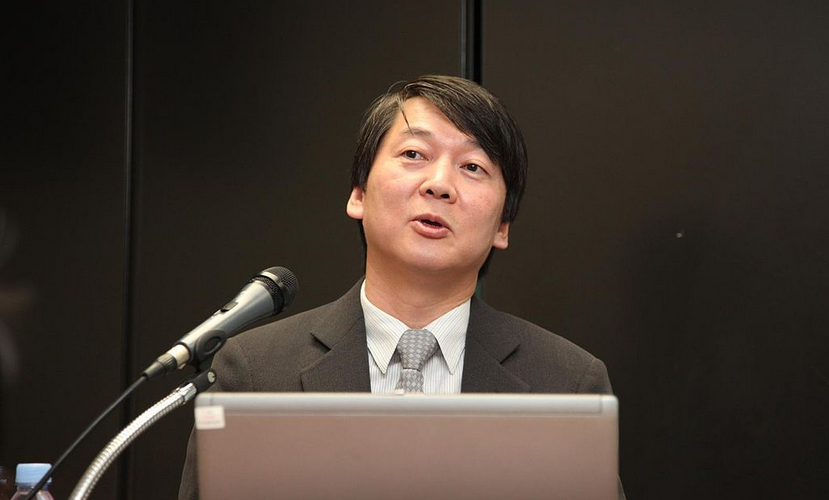About the Author
Peter Ward
Peter Ward is a research fellow at the Sejong Institute. His work focuses on North Korean politics, the economy and society. He has a Ph.D. from the University of Vienna.

Get behind the headlines
|
Analysis Fading sunshine – Is the South Korean left’s view of North Korea changing?Pyongyang’s recent actions test the Southern opposition’s commitment to conciliation  In 1956, a politician named Cho Bong-am ran for president in South Korea. His opponent, South Korea’s first President Syngman Rhee, not only won handily but would even have Cho executed three years later. Cho, however, remains important in the story of the South Korean left’s ideas about what to do with North Korea. Just three years after the armistice agreement had been signed, Cho ran for president on a set of ideas about North Korea that were truly heretical. He argued that unification should be achieved through peaceful competition with the North. Rhee, president of South Korea from 1945-60, was well-known for wanting to march North and annihilate the “communist gangsters” in Pyongyang – this had been his position since the late 1940s and remained largely unchanged until he was deposed. Until very recently Cho’s position, or some variant, had been the position of every left-leaning opposition party in South Korea. Well, to be fair, it actually became the de facto position of the ruling party in the 1960s. Granted, the military regimes that ruled South Korea from the early 1960s to the late 1980s used to talk a lot about the need for “anti-communist” education and “unification by annihilating the communists.” But they never actually tried to invade the North, nor did they let their rhetoric get in the way of engagement when it was deemed helpful: The July 4th North-South Joint Statement of 1972 can be seen in such light. Engagement was always limited to token agreements, talks between diplomats and back-channel discussions. There was no attempt to forge deeper, more economically tangible ties between the two. The right has always considered such a path untenable, given the nature of the North Korean regime. © Korea Risk Group. All rights reserved. |